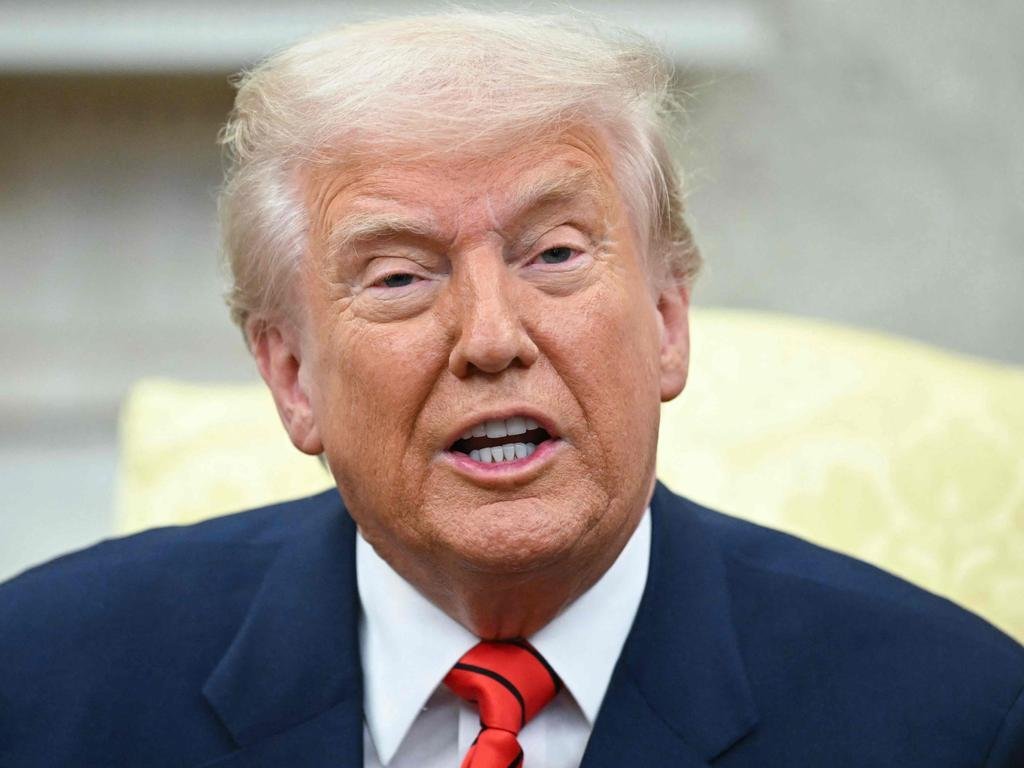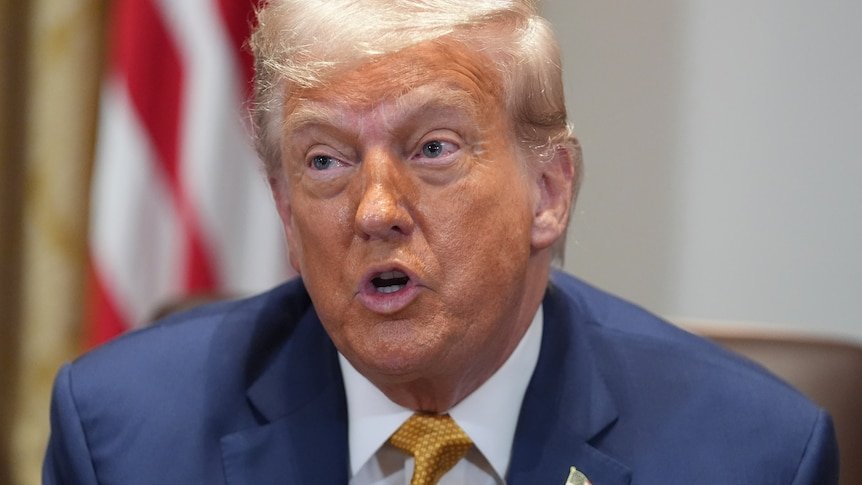US President’s Chilling Claim That China Won’t Invade Island Sparks Alarm Among Strategic Analysts
- In a stunning admission, Donald Trump has declared that he does not think China’s President Xi Jinping will invade Taiwan, despite rising tensions and military drills in the region.
- The US President’s remarks have sparked concern among strategic analysts, who warn that his optimism may be misplaced and that the threat of war with China remains high.
- Trump’s comments have also put Australian Prime Minister Anthony Albanese in an awkward position, as he attempts to balance his country’s relations with both the US and China.
In a rare glimpse into his thinking on the Taiwan question, Donald Trump has revealed that he does not believe China’s President Xi Jinping is willing to pull the trigger on a conflict that could drag the world’s two biggest powers into war.
“China doesn’t want to do that,” Trump declared, when asked by an Australian journalist whether Xi Jinping wanted to invade Taiwan. “I don’t see that at all with President Xi. I think we’re going to get along very well as it pertains to Taiwan and others.”
Trump’s confidence in America’s military superiority was clear, as he framed his optimism on the grounds that “the United States is the strongest military power in the world by far, it’s not even close”.
“We have the best of everything, and nobody’s going to mess with that,” he predicted.

But Trump’s benign view of China’s ambitions towards Taiwan has sparked concern among strategic analysts, who warn that his optimism may be misplaced.
“It’s a rejection of the dominant ‘China threat’ narrative we’ve heard for years from many in the US and Australia,” said one analyst. “But it’s also a worrying sign that Trump may be underestimating the threat posed by China.”
Analysts point to Xi Jinping’s own words and deeds, including his repeated assertions that reunification with Taiwan is “inevitable” and his refusal to rule out the use of force.
Meanwhile, Taiwan’s Ministry of Defence has reported fresh Chinese military activity around the island, including navy vessels and jet fighters approaching its territory.
Despite the growing tensions, Trump remains sanguine about the prospects of war. “I don’t see anything happening,” he said.
But analysts warn that Trump’s optimism may be misplaced, and that the threat of war with China remains high.
“Some of the greatest military disasters in history can be attributed to leaders who overestimated their own strength and underestimated the enemy’s,” said one analyst. “Trump’s instinct is not to fight a war over Taiwan, but if a crisis develops and he feels he can’t back down, then his sense of the military balance becomes key.”
As the situation continues to unfold, one thing is clear: Trump’s remarks have raised the stakes and put Australian Prime Minister Anthony Albanese in an awkward position, as he attempts to balance his country’s relations with both the US and China.
For now, Albanese is keeping his counsel, refusing to comment on Trump’s remarks. But as the situation continues to escalate, he will be forced to take a stand and decide where Australia’s interests truly lie.

